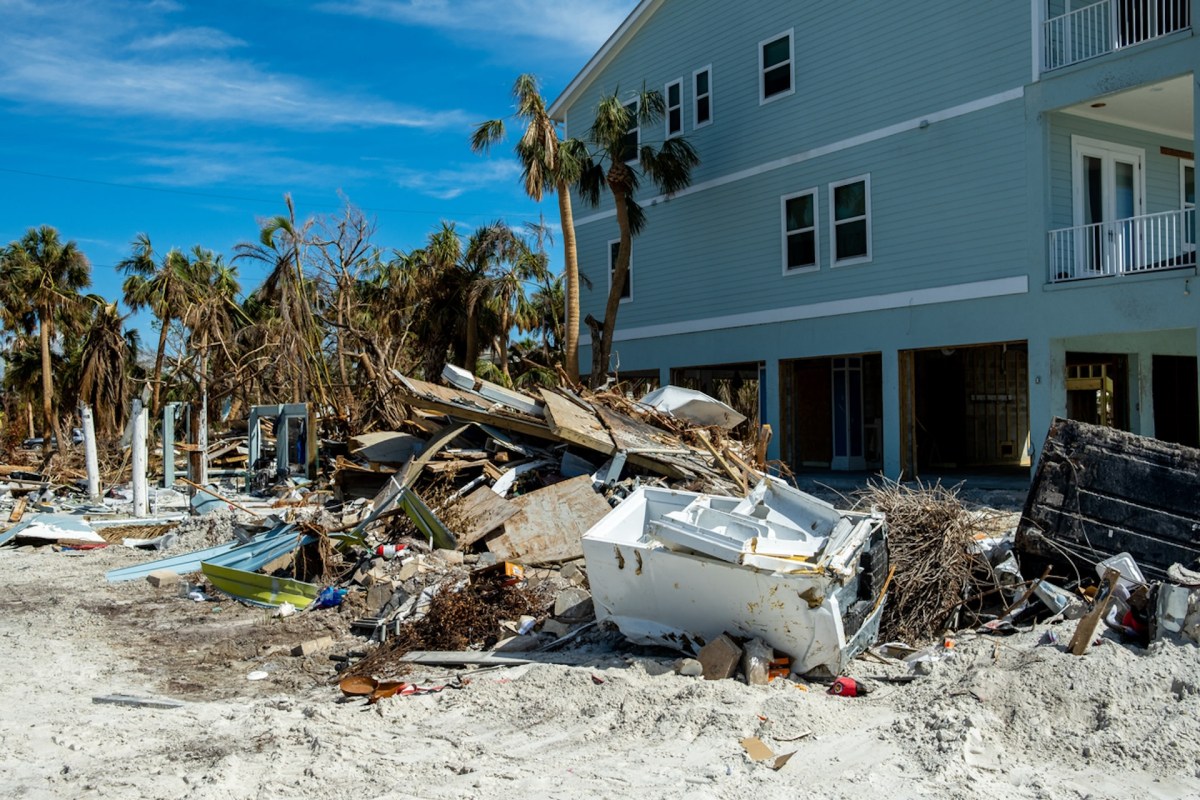Increasing global temperatures are heightening the risk of extreme weather events like hurricanes and deadly storms.
Research published on Statista shows that between 1851 and 2022, Florida saw more hurricanes make landfall than any other state, with the 120 hurricanes during this period nearly double the number experienced in the next most hurricane-prone state, Texas.
That's why it's so crucial for residents to be prepared, and the state government's My Safe Florida Home program is offering residents a grant of $10,000 to make changes to their property to help withstand hurricanes.
According to the Tampa Bay Times, $115 million has already been claimed, but a further $100 million will be available on July 1 in 2024, and the eligibility criteria will be broadened.
To access the funding, which sees the state pay $2 for every $1 spent by residents, those applying must own and live in the home, qualify for the homestead exemption, and have their property insured at a value of $700,000 or less.
In addition to giving residents much-needed security from the impacts of storm surges and damage from rapid winds, the scheme is intended to reduce home insurance costs, with Florida residents receiving some of the highest premiums in the country.
NASA says that global climate models suggest that hotter temperatures — exacerbated by human-caused pollution — will bring more intense rainfall during hurricane season, leading to an increase in coastal flooding risk because of higher storm surge, which is made worse by rising sea levels.
Hurricanes become stronger with warm ocean water and lots of moisture in the air, and if the thermometer ticks up, both of these things become more likely.
That's why reducing the harmful impact of pollution is so important, not just for Florida but for the state of the whole planet.
While it might seem difficult to make a difference on your own, you'd be surprised how much of an impact you can have as an individual.
For example, according to EarthDay, eating one less burger a week would be the same as not driving a dirty-fuel-powered car for 320 miles.
On a wider scale, research published in the Nature Communications Journal has found that swapping meat products for plant-based alternatives could reduce the pollution that global agriculture is responsible for by a third.
Join our free newsletter for easy tips to save more, waste less, and help yourself while helping the planet.









